Working with an exuberant dog will take practice and patience. Consistency will be key to success. You’ll need to ensure everyone who interacts with your dog treats him the same way. Encourage polite behavior and discourage jumping up or mouthing. Always approach training with a positive attitude. If you are feeling frustrated, stop the training and take a break.
Tips for Success:
Let your dog know that you are not interested in interacting with him when he’s behaving inappropriately. When he jumps/mouths, turn to the side and become a statue (stand still, cross arms, no eye contact or talking). If that doesn’t work, end the interaction. Leave the room, crate/tether your dog, or calmly put him in a quiet, dog-proof room alone. After a five minute break, try again.
Teach your dog to “sit to say hi.” Wait for your dog to sit before greeting him. Praise your dog for sitting and being calm.
Work on having him “settle” at your feet and gently praise him for lying down. If he gets up to pace, call him back and use a treat to lure him into a down again or if he is on leash, hold him with approx. 4 feet of leash and wait until he offers a “settle” by lying down. Reward verbally and treat when he does this.
Teach “go-to-mat” and “stay.” Use a high-value treat to calmly lure your dog onto a mat and into a down position. Reward him for holding the position and slowly increase duration and distraction until he is able to maintain a down position on his mat until released.
Avoid any wrestling games with your dog. These will increase his excitement. Instead, teach your dog to play fetch with a ball or plush toy. Praise him for picking up a toy and bringing it back to you. Ask him to “sit” before throwing the ball again. Encourage breaks to keep your dog from getting overexcited.
When your dog is excited, offer a favorite toy. To make the toy come alive, toss it away from your dog and encourage him to “get your toy!” Whenever he carries the toy around, he should receive a lot of praise and attention! The attention should stop if he drops the toy.
Teach an “all done” cue. For dogs who are toy obsessed and can’t seem to walk away from a game, teach an “all done” cue. After a play session, say “all done” and put the toy out of sight. Walk away and ignore any attempts to get you playing again. Do not repeat the “all done” cue. With consistency your dog will understand that “all done” means that the game is over.
Make sure your dog gets enough exercise and mental enrichment. Physical exercise alone will not be enough to help your dog relax. They need mental exercise too. Along with walks and fetch, find ways to provide mental stimulation. Feed him meals from puzzle toys or a Kong, teach him new tricks, or hide treats around the house and ask him to “find it!”
Do not physically punish your dog. Your dog may misinterpret physical punishment (like kneeing him, grabbing his muzzle or paws, or holding him down) as play or he could become scared and defensive. Either way, the jumpy/mouthy behavior could get worse instead of better.
Need help? Call our free pet behavior help line at (503) 416-2983.


